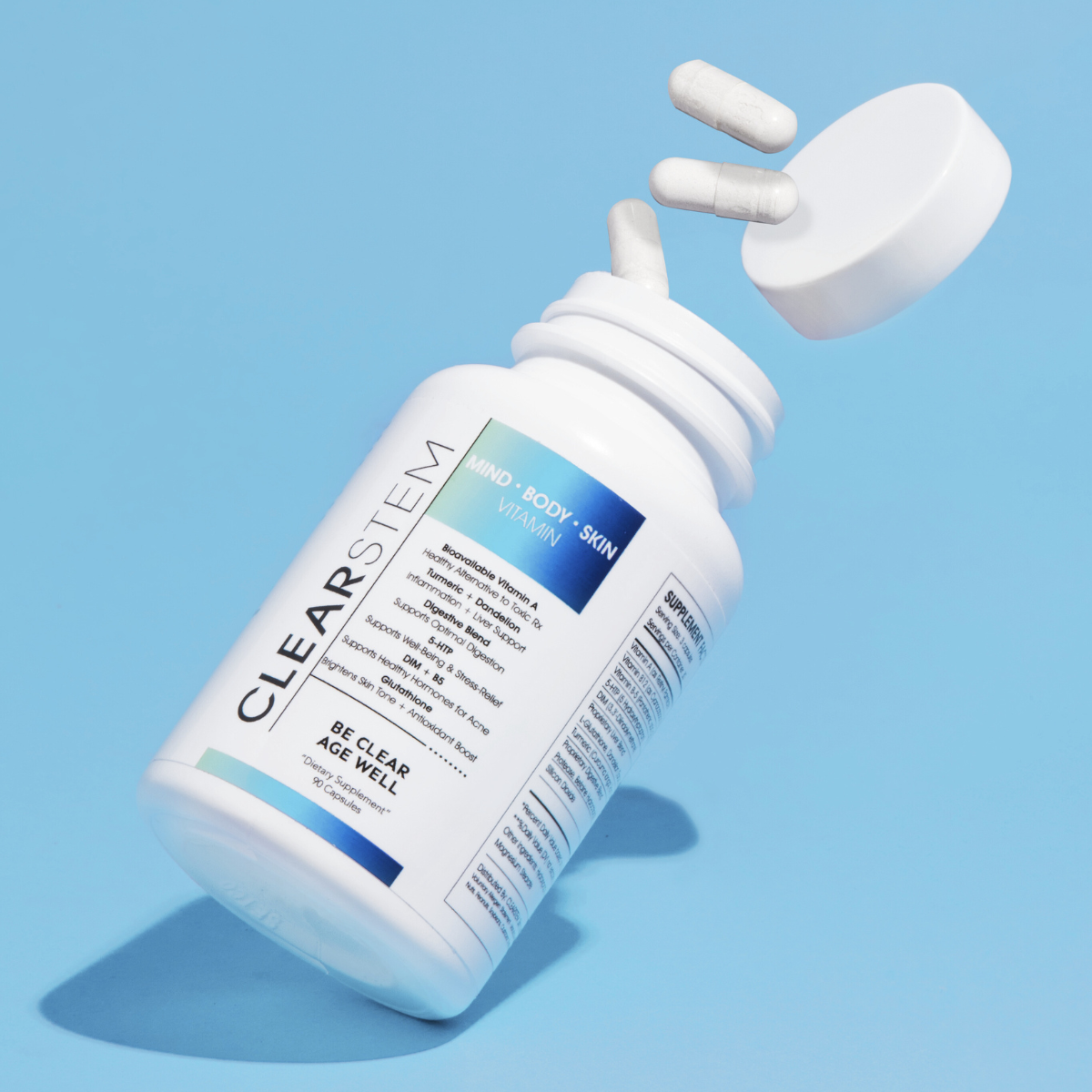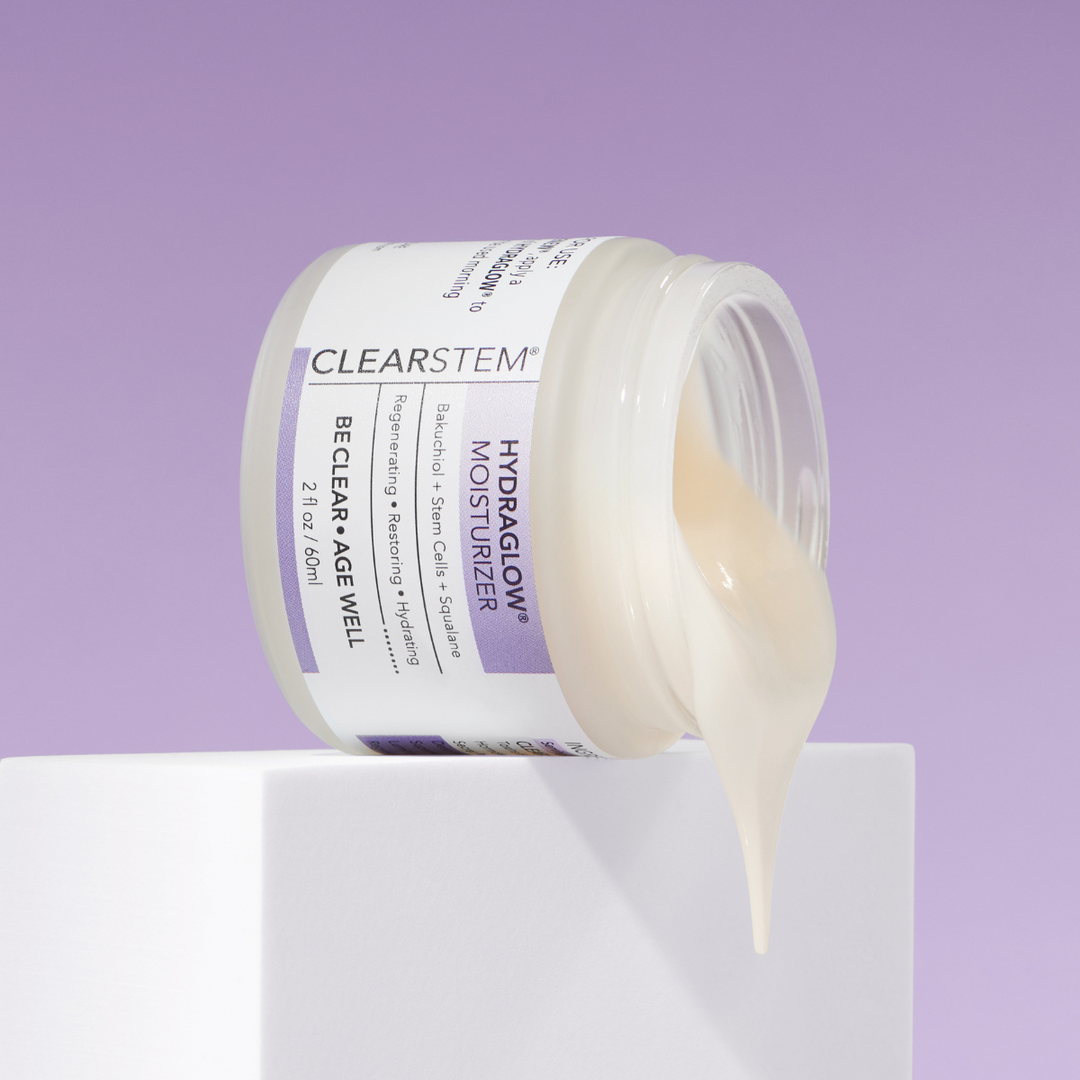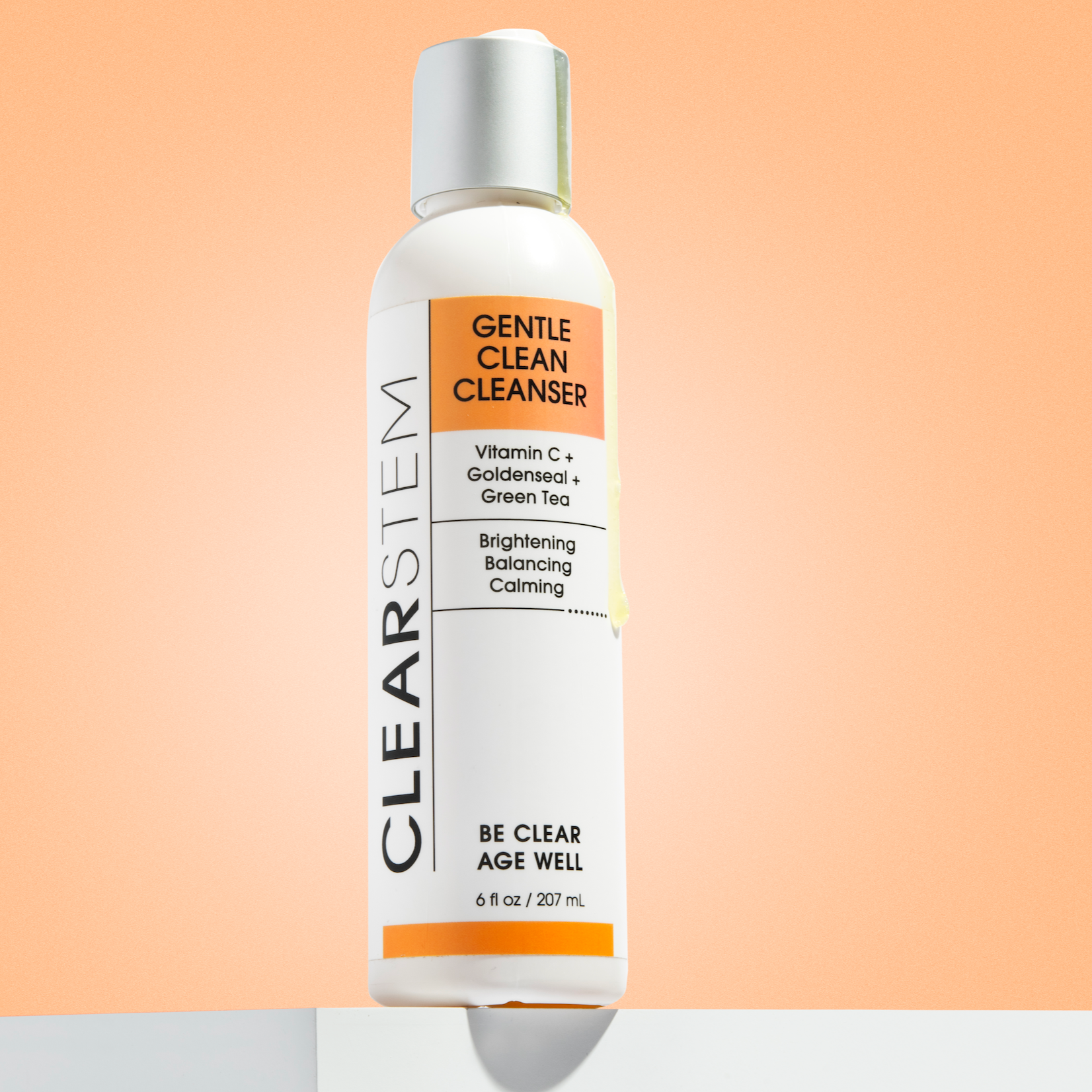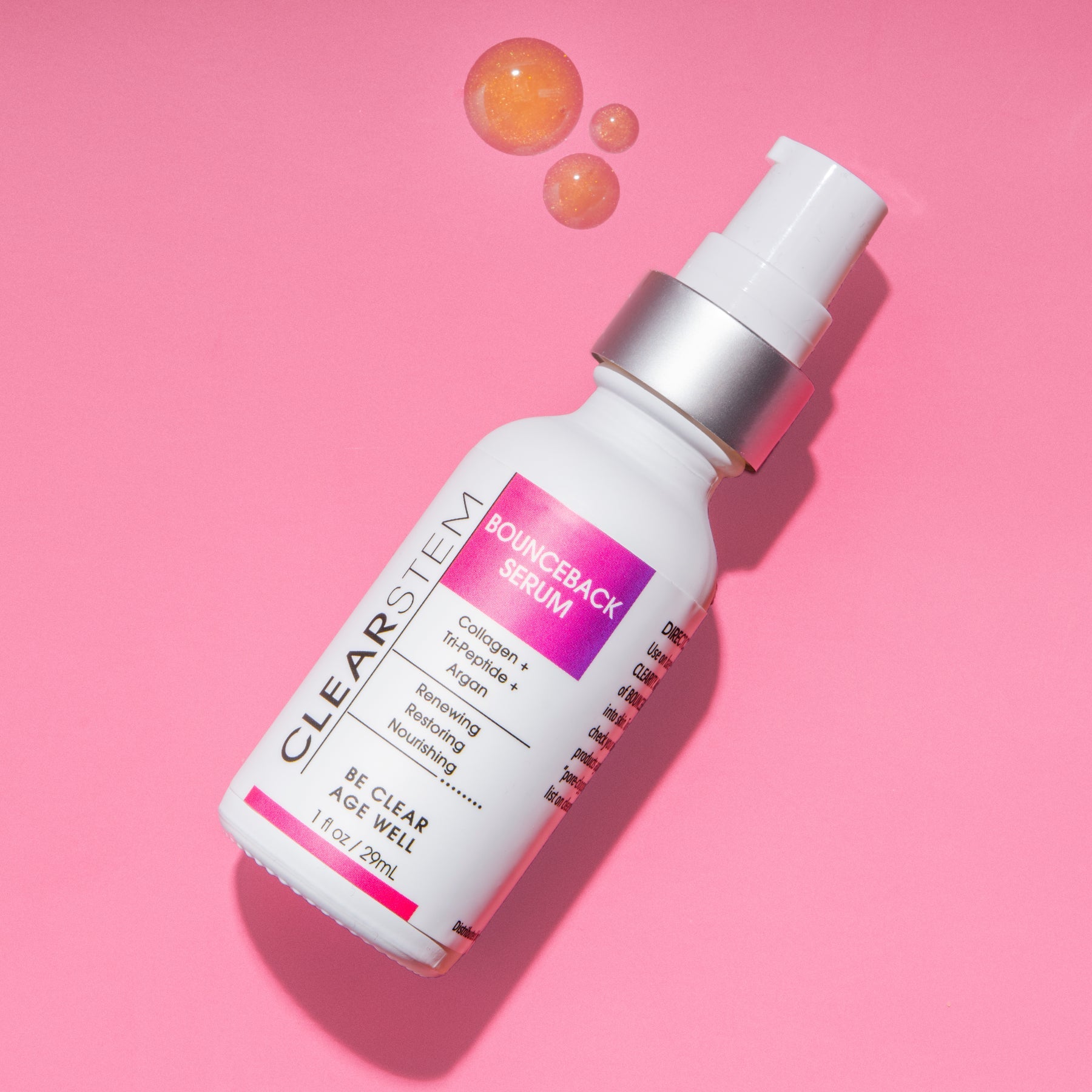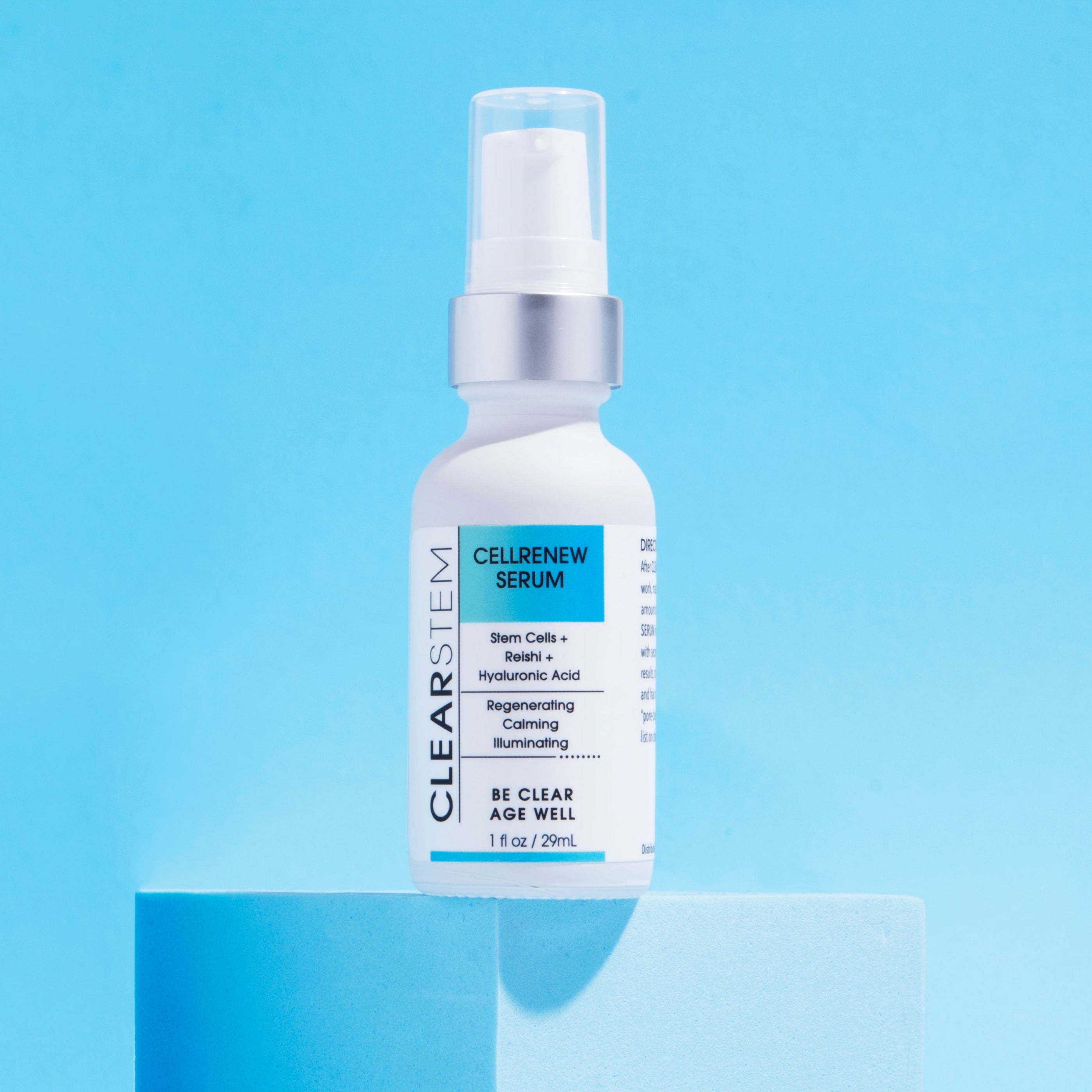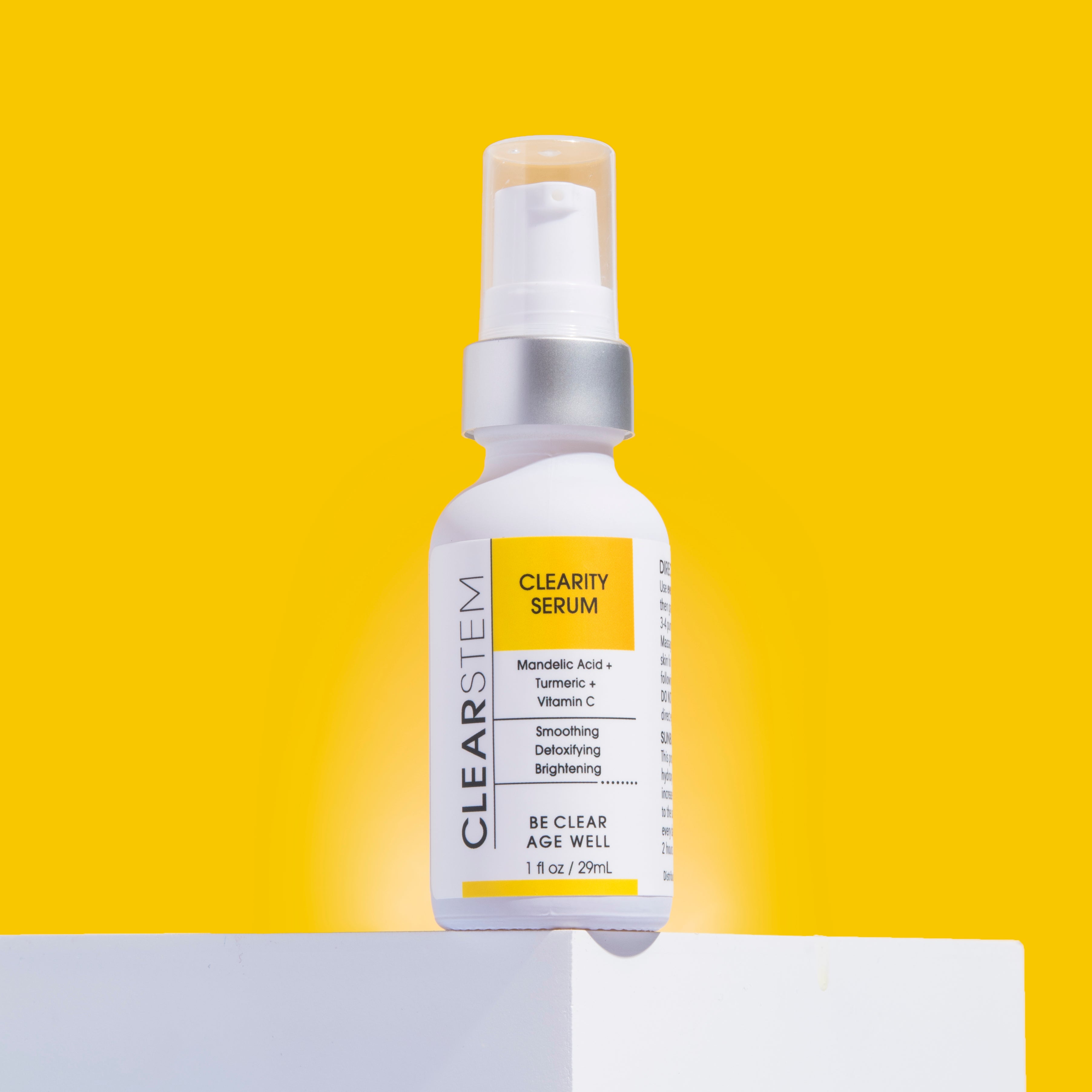When it comes to menopause, knowing the basics of what to expect and how to prepare will help set you up for success. So, what are the 3 stages of menopause, and what can you expect for each?
In this guide, we’ll go over all the fundamentals of what occurs during each phase of this process before exploring some smart solutions you can employ to look and feel your best throughout your menopausal transition.
3 Stages of Menopause Explained
Few people are familiar with the ins and outs of all that goes on inside the female body during menopause.
For example, did you know that there were three stages of menopause?
Even if your high school health class mentioned menopause, there’s a good chance they didn’t go into much depth about it. But worry not—read on to understand the breakdown of each stage and what you can expect.
Perimenopause
Even before a woman has her last menstrual cycle, her body will start to undergo some changes in preparation for menopause. The period before menopause is known as perimenopause.
The initial early menopause period lasts anywhere from 2 to 10 years and involves:
- A reduction in the number of eggs a woman releases
- Lowered estrogen and fertility levels
- Irregular periods that tend to be shorter
Individuals can expect to experience various menopause symptoms during this time, such as:
- Hormonal fluctuations
- Mood swings
- Sleep troubles
- Hot flashes
- Night sweats
- Vaginal dryness
- Urinary issues
After this first stage where the body is preparing to cease menstruation, a woman will eventually reach the stage most people are familiar with, menopause.
Menopause
The term menopause refers to the specific point when a woman’s monthly menstrual cycle ceases entirely.
Every person’s body is different, so there’s no one-size-fits-all answer to the question of when you can expect the menopause process to begin. However, this menopause transition period normally occurs between the ages of 45 and 55.
To officially reach the point of menopause, one must stop having their period for at least 12 months straight due to natural causes. Keep in mind that most women will have irregular menstrual cycles beforehand, which may signal that they are in early menopause.
Postmenopause
This third and final stage of the menopause process lasts until the end of a person’s life. The time after menopause is known as postmenopause.
At this time, a woman will no longer ovulate or have a menstrual period, meaning that she has reached the end of her reproductive ability.
As the postmenopause stage continues, some women will continue to experience similar menopause symptoms that they may have gone through during the prior two stages.
Additionally, the reduced levels of estrogen in the female body during postmenopause can lead to an increased risk of conditions such as:
- Heart disease
- Osteopenia
- Osteoporosis
Building an Anti-Aging Skincare Routine
Because menopause comes hand in hand with significant changes to hormone levels, it’s no surprise that menopause can impact the skin.
Here are three of the most noticeable ways in which menopause causes skin changes:
- Increased dryness
- Loss of collagen
- Hormonal acne
Ultimately, mature skin tends to grow more delicate as the years go on. Therefore, if your goal is to maintain supple skin as you age and undergo menopause, investing in high-quality skincare products formulated specifically to combat signs of aging would be wise.
Four products that are absolutely necessary in any anti-aging skincare routine include:
- Sunscreen – One of the best parts about growing older is spending more time under the sun making cherished memories with loved ones. However, exposure to the sun’s harsh UV rays can unfortunately leave unwanted memories on the skin. Be sure to protect mature skin with adequate SPF with a mineral sunscreen daily to prevent sustaining unnecessary damage that can speed up signs of aging.
- Moisturizer – Since the drying of the skin and hair is a common side effect of menopause, it’s important to replenish your skin with a hydrating, non-comedogenic moisturizer. Find a product that contains effective ingredients such as bakuchiol, which can help you get rid of fine lines and wrinkles while boosting elasticity.
- Serum – It’s normal to lose collagen in the skin as we age, but during menopause, this collagen loss becomes much more rapid and significant. Using the right serums, you can rejuvenate your skin with a boost of collagen and achieve a more supple complexion.
- Cleanser – Keeping the skin clear of contaminants is always key, especially if hormonal acne is a symptom you experience during menopause. However, it’s important to only use gentle cleanser products: acne cleansers designed for the teenage face are often much too abrasive to use on mature skin.
Achieve Radiant Skin at Any Age with CLEARSTEM
Every woman deserves to age just like fine wine, only getting better with time. Don’t let yourself be discouraged if the process of maturing and going through menopause looks a little bit different than what you expected or what your neighbor’s experience looked like. Every menopausal experience is valid and worth celebrating.
Drawing more awareness to the common symptoms of menopause can help you prepare for what to expect. And to help you take care of your skin through the entire process, there’s CLEARSTEM.
Here at CLEARSTEM, we’ve formulated a line of advanced skincare solutions that provide anti-acne and anti-aging benefits all at the same time. Browse our collection to secure your new favorite skincare regimen and achieve the confidence you deserve.
Sources:
Johns Hopkins Medicine. Perimenopause. https://www.hopkinsmedicine.org/health/conditions-and-diseases/perimenopause
Women’s Health Research Institute. Stages of Menopause. https://menopause.obgyn.msu.edu/content/stages-menopause
National Institute on Aging. What Is Menopause? https://www.nia.nih.gov/health/menopause/what-menopause
National Library of Medicine. Bakuchiol: a retinol-like functional compound revealed by gene expression profiling and clinically proven to have anti-aging effects. https://pubmed.ncbi.nlm.nih.gov/24471735/
American Academy of Dermatology. CARING FOR YOUR SKIN IN MENOPAUSE. https://www.aad.org/public/everyday-care/skin-care-secrets/anti-aging/skin-care-during-menopause

